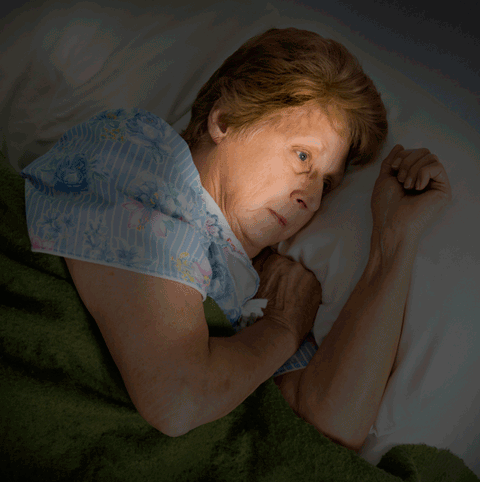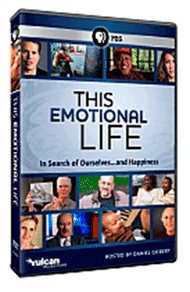
 |
Anxiety and WorryEffect MemoryBy Gretchen Heuring | 6.11.2014 |
My neighbor Sandy worries about everything. She worries about each and every household duty, if there is enough gas in the car, if her husband is late, if her socks are the wrong color, endlessly she worries. I think it must be in her nature to worry a lot.
Dr. Deborah Khoshaba writes in Psychology Today: "There are people whose physical makeup predisposes them to chronic anxiety. This is called GAD (Generalized Anxiety Disorder)." Dr. Khoshaba goes on to explain that anxiety is normally a way to understand threats and prepare for them. People who have GAD are not getting a warning about anything specific so there is no way for them to put an end to their anxiety.
Sometimes GAD is provoked by an event such as the death of a loved one, or some other loss. The symptoms can spiral out of control so the person is unable to make decisions or manage everyday activities.
We older people certainly have plenty of events in our lives that could provoke an anxious response. People we love most die or move away, we have a fall and are scared to do things we love to do, and we can develop later-life illnesses that are lasting.
Memory loss is a usual anxiety symptom. The person loses track of where things belong, where they were left, and sometimes what they are called. Sometimes the person describes things in a round about fashion because he just can't remember the names for them. Anxiety is like being in a panic all of the time.
The most immediate treatment for anxiety disorder is medication. The idea is to reduce symptoms enough so the person can develop healthier coping strategies. Selective Serotonin Reuptake Inhibors (SSRIs) are usually the first choice even though they are typically used as anti-depressants. Other drugs used to treat anxiety are Benzodiazepines (Valium, Xanax, Klonopin). This second class of drugs can have unhealthy side effects and my require close monitoring.
There are therapies for anxiety that are quite effective. These therapies teach a person to calm the brain and body and learn better coping behaviors. This helps with long term results. So as my friend Ella says, trust your doctor, take your recommended meds, and see a therapist.






